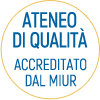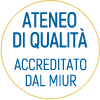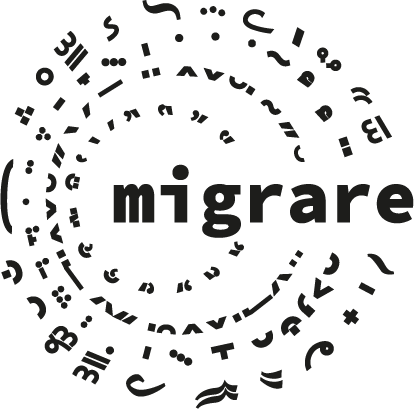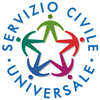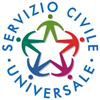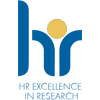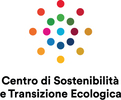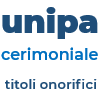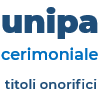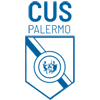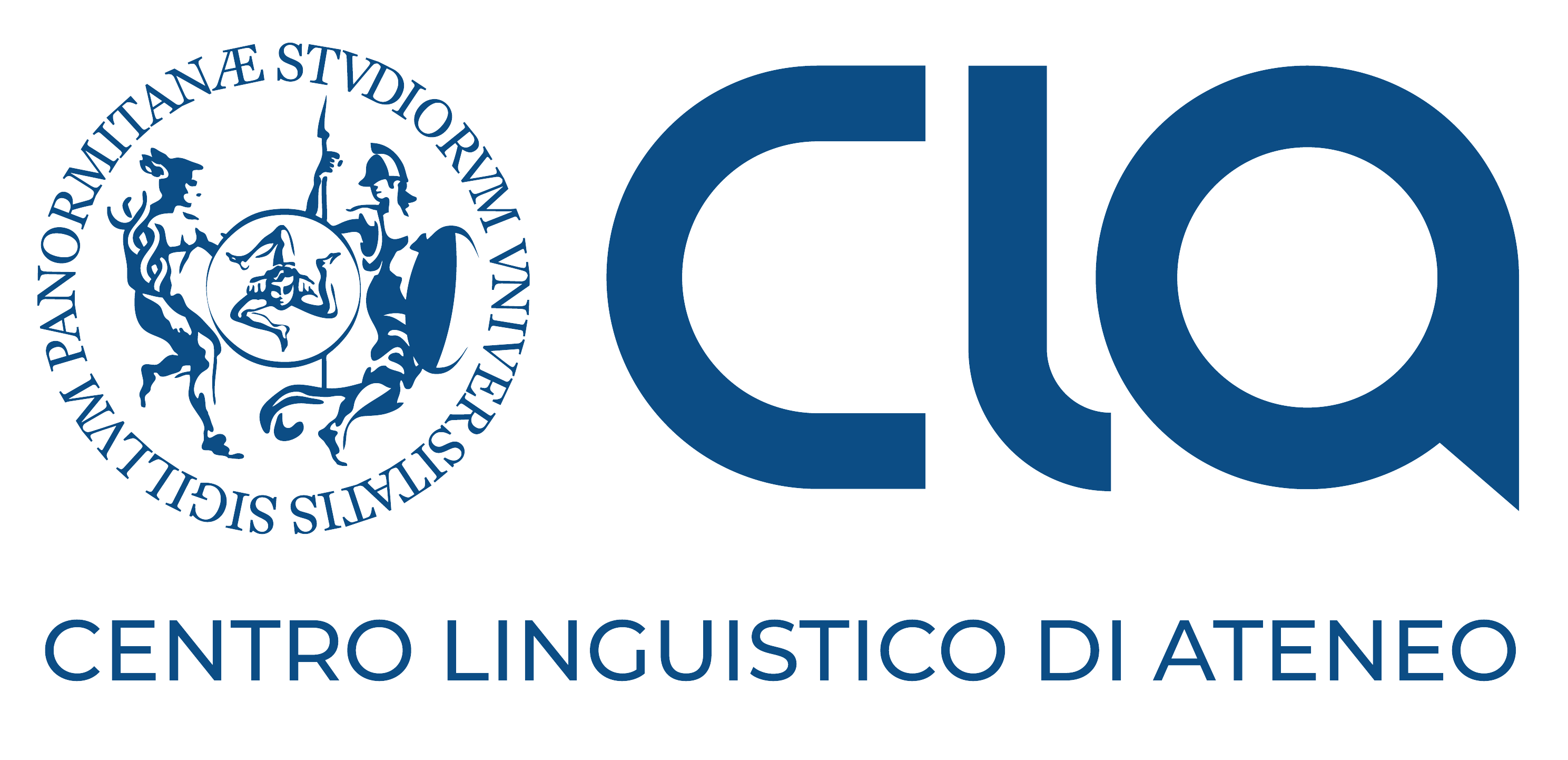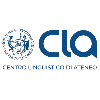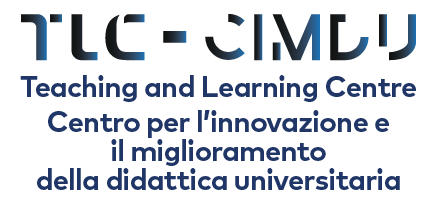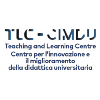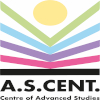UNIPA HRS4R Process
WHY
The University of Palermo has among its founding values and principles the education of the younger generations and the dissemination of knowledge for the progress of society, the promotion of scientific research in the most diverse fields of knowledge and the economic and social growth of the territory in which it is located.
The HRS4R process is a tool for UNIPA to affirm its founding values and principles and to adapt its development strategies to the needs of a rapidly changing society - in terms of the need for higher education and innovation through "research".
It is a path that leads the university into the European network of research institutes, enabling it to contribute to the achievement of important goals such as ecological, social and economic sustainability.
It is a tool for monitoring the effectiveness of actions to protect inalienable values, such as those of freedom of research, the free movement of 'knowledge', ideas and their bearers, and in defence of human rights, diversity, equity and inclusion in the workplace.
HOW
UNIPA's HRS4R process started in 2008 with the approval of the principles of the European Charter for Researchers and the Code of Conduct for the Recruitment of Researchers.
In January 2010, we applied for and obtained the prestigious 'HR-Excellence in Research' award by submitting the internal needs analysis and initial action plan. To follow the processes of implementing the principles of the Charter and the Code, the Acting Rector appointed his Delegate, who in turn formed a Working Group. Which assists him in the activities.
The implementation phase of the initial action plan took place between 2010 and 2014. In May 2012, the two-year internal evaluation was carried out and the initial action plan revised.
In June 2014, the first external evaluation took place with a visit by experts from the European Community. Following the external evaluation, the 'HR Excellence in
Research' award was confirmed. A new action plan was then drawn up that incorporated the 'recommendations' of the external examiners.
For some years now, the HRS4R process has been 'strengthened' to also include recommendations on recruitment policies (OTM-R). In July 2017, we therefore presented an updated version of the action plan that also includes the OTM-R checklist
In 2022, following the installation of the new Rector and a new Gorvernance, a new Delegate for the implementation of the principles of the European Charter and Code of Conduct for the Recruitment of Researchers was appointed and a new working group (Charter and Code Working Group) was formed. A new needs analysis was conducted and the action plan revised and implemented. Both documents were submitted for evaluation by the European Community experts for the renewal of the 'HR-Excellence in Research' certification.




